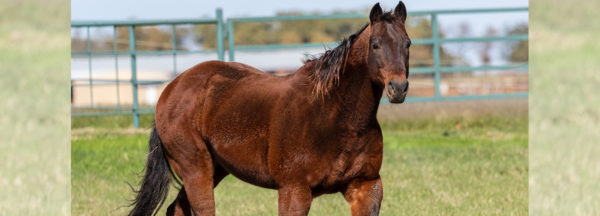Do the Mash This Winter to Increase Water Consumption

By Ritchie Industries
Did you know that horses have the smallest stomach in relation to body size of all domestic animals? Their stomachs can only hold two to three gallons of food and water at a time. Throughout their day, the average horse will need to consume six to 10 gallons of water. Researchers have calculated that well-fed horses spend five to six minutes a day drinking water; spread out over multiple trips to the waterer. A small stomach coupled with a large water requirement means it is crucial for horse owners to provide constant access to fresh, clean water so horses can meet their daily needs.
Water consumption can vary depending on the season and temperature. During the cold, winter months horses have a natural tendency to consume less water (six to 12%) which can lead to dehydration, impaction colic and other health concerns. One common method suggested to help increase water consumption in the winter is to provide a grain mash, but does it actually work or is it just all wet?
In 2013, researchers at the University of Wisconsin, River Falls designed a study to evaluate the practice of feeding grain mashes to horses during the winter months. Ten mature horses divided into two groups were used in the study. For both the winter and autumn trials, the horses were given a pelleted concentrate at 0.5% of their body weight. The feed was offered either dry or mixed with a quart of water per pound of feed to form a mash. The horses were also given alfalfa hay twice a day, and at every feeding, each horse was given 8.5 gallons of water. Before each feeding, unconsumed feed and water from the previous feeding were measured.
The results? In the winter trial, horses on the mash diet tended to consume more water than the horses on the dry concentrate. Horses consuming mash drank equal to or more water than horses on the dry grain, in addition to the water they consumed in their mash. Healthy horses are hydrated horses, and a grain mash diet is a simple and effective way to encourage more water consumption this winter.
To learn more about keeping your horse hydrated all year long, visit RitchieFount.com.
